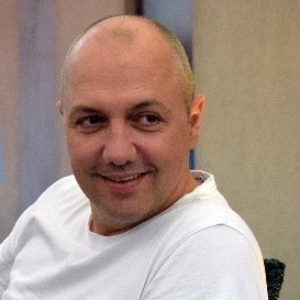Title : An innovative education 4.0 learning design framework to promote nanotechnology into the problem solving STEM approach within industry 4.0 era
Abstract:
The use of 3D printing technology to support education is not an innovative teaching approach. The adoption of this technology into teaching results in many benefits to students, namely; increased engagement, development of skills such as creativity, learning facilitation, and improvement of attitudes towards STEM subjects and careers. Besides, the advancement in Microelectromechanical System (MEMS) technology resulted in accurate and high-performance device systems. These devices are so tiny that they are not noticeable to the human eye and exhibit excellent feasibility in miniaturization sensors due to their small dimension, low power consumption, and superior performance. The area of science and engineering where MEMS are developed (dimensions in the nanometre scale) is called Nanotechnology. Nanotechnology is one of the fastest growing scientific research filed in Industry 4.0. Nanotechnology introduced industrial skills deficits as well as opportunities for new teaching practices in several subjects and educational frameworks. As these nanotechnology-enabled applications become a part of everyday life, many countries have fostered initiatives to incorporate nanotechnology concepts into their K-12 curriculum emphasizing the importance for students to have a basic understanding of material behaviour at the nanoscale. In the present work, we propose a framework education platform for learning activities in Nanotechnology under Education 4.0 for K12 curriculum. Through the proposed education platform, students will be facilitated; a) to comprehend the fundamental issues Nanotechnology, b) to comprehend the fundamental issues of MEMS structures, c) to design and develop (on large scale for 3d printing) nanotechnology artifacts, d) to improving skills such as problem-solving, creativity, collaboration, computational thinking, and adaptability under the evolution of Industry 4.0


